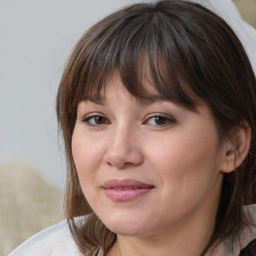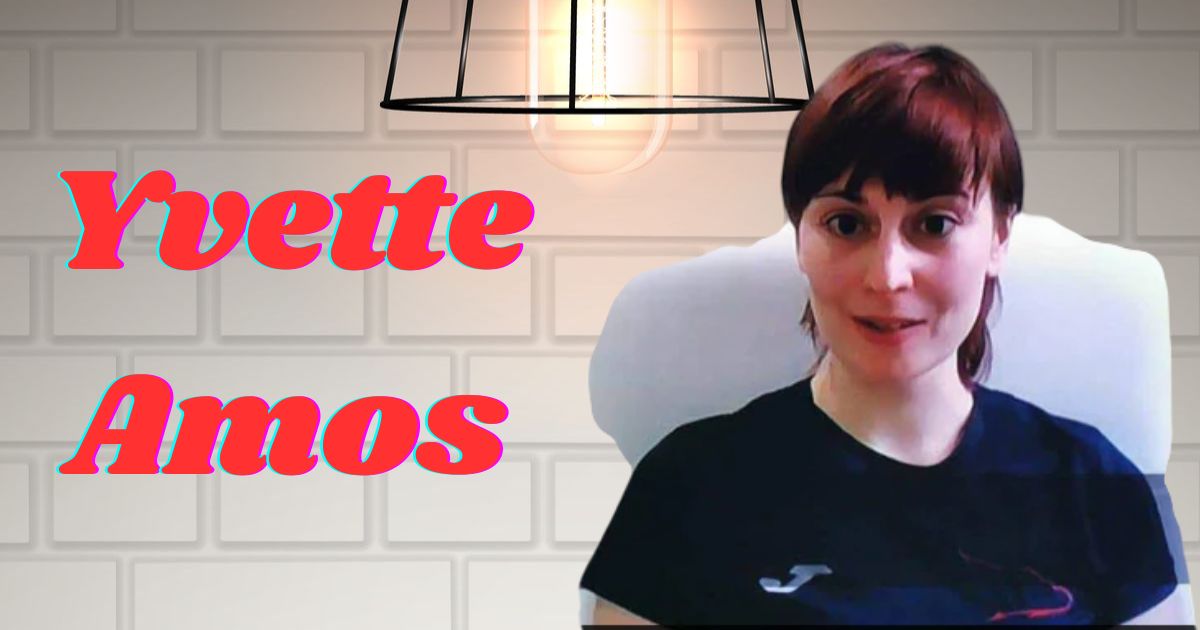How a Spontaneous Background Moment Sparked Laughter, Debate, and Deeper Cultural Reflection
Introduction
Remember that time you forgot to turn off your camera during a Zoom call? Maybe your cat jumped on your lap. Perhaps your kid ran through shouting about snacks. We’ve all been there. But Yvette Amos experienced something far more memorable.
In January 2021, this Cardiff woman joined a BBC Wales Today interview to discuss unemployment. Simple enough, right? Wrong. Within hours, her name became an internet sensation. Social media exploded. Memes flooded Twitter and Reddit. Americans woke up to find their feeds filled with her story.
What happened? A background detail stole the show. An object on her shelf caught viewers’ eyes. The viral BBC interview shifted from serious unemployment talk to worldwide laughter. Yet beneath the humor lies something deeper. Her story reveals truths about authenticity in the digital era, online professionalism debates, and how viral moments shape modern media.
This isn’t just another funny BBC interview moment. It’s a cultural reflection of pandemic life. It’s about being human in an increasingly digital world. Let’s explore how Yvette Amos turned an awkward moment into internet legacy.
Quick Bio
| Aspect | Details |
|---|---|
| Full Name | Yvette Amos |
| Nationality | Welsh (Cardiff, Wales) |
| Known For | Viral BBC Wales Today interview background mishap |
| Date of Fame | January 2021 |
| Location | Cardiff, Wales, United Kingdom |
| Professional Work | Research contributor, health services, advisory projects |
| Fame Trigger | Unintentional background object during live broadcast |
| Cultural Impact | Symbol of authenticity and unfiltered reality |
| Current Status | Professional work continues beyond viral fame |
Yvette Amos wasn’t seeking fame. She wanted to discuss real struggles. The pandemic lockdowns hit hard. Jobs disappeared. Mental health suffered. She agreed to share her experience publicly.
Instead, she became part of internet meme culture overnight. Americans found her relatable. The British found her hilarious. Everyone recognized themselves in that unplanned viral moment.
Early Life and Background
Cardiff, Wales is where Yvette Amos built her life. Before becoming a viral BBC guest, she lived ordinarily. She worked in professional settings. She contributed to community research. Nothing suggested internet fame loomed ahead.
The COVID-19 pandemic changed everything. Like millions worldwide, she faced unemployment. Wales entered strict lockdowns. Jobs vanished. The economy struggled. Mental health became a national crisis.
BBC Wales sought voices to discuss these challenges. They wanted real people sharing real stories. Yvette Amos volunteered. She believed in speaking truth about struggles. She wanted to help others feel less alone.
Her willingness demonstrates courage. Discussing unemployment publicly isn’t easy. Pride often keeps people silent. Yet she chose authenticity over perfection. That choice, ironically, made her unforgettable.
Details about her early years remain private. She hasn’t sought celebrity status since. This respects her boundaries. We know she’s educated, professional, and community-minded. That’s enough.
Yvette Amos Instagram
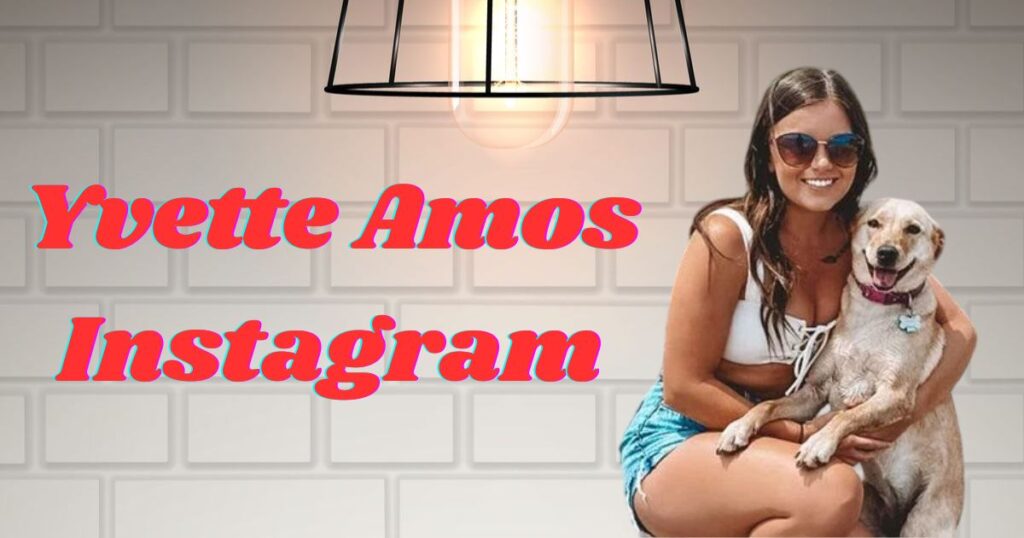
Does Yvette Amos have an Instagram account? This question dominates searches. Americans especially hunt for her social media presence. They want updates. They seek behind-the-scenes content. They’re curious about life after viral fame.
The truth? She’s maintained remarkable privacy. Unlike typical viral personalities, she hasn’t capitalized on fame. No influencer transformation occurred. No sponsored posts appeared. No public Instagram profile emerged.
This choice speaks volumes. In an era of constant self-promotion, she chose silence. While others might leverage viral moments into careers, she stepped back. This authenticity might be her greatest statement.
Some admire this restraint. They see wisdom in avoiding digital spotlight. Others feel disappointed. They wanted connection, updates, or acknowledgment. Both reactions are valid.
Work from home fails made many people paranoid about video calls. Everyone started checking backgrounds obsessively. The video call blooper phenomenon became universal. Yet Yvette chose not to discuss it endlessly online.
Her Instagram silence (or privacy) reflects dignity. She’s more than one moment. Her professional achievements deserve recognition beyond a viral clip. Perhaps that’s exactly her point.
Yvette Amos Where Is She Now
Where is Yvette Amos today? This question trends periodically. New audiences discover her story yearly. The viral moment resurfaces during work-from-home discussions. People wonder: what happened next?
Current reports suggest she’s returned to professional life. Her work in health and social care research continues. The Cardiff, Wales community knows her for contributions beyond viral fame. She participates in evaluation projects. She advises on public service initiatives.
Unlike many accidental celebrity stories, hers lacks dramatic transformation. She didn’t write a book. She didn’t launch a podcast. She didn’t become a motivational speaker. Instead, she simply continued living.
This normalcy feels revolutionary. In our attention-obsessed culture, choosing obscurity takes strength. The digital culture phenomenon usually demands participation. Viral figures often feel pressured to maintain relevance. She resisted.
Yvette Amos 2025 finds her likely still in Wales. Probably still working in research. Definitely still remembered fondly. The internet doesn’t forget. But it can respect boundaries when people set them firmly.
Her choice offers lessons. Viral fame doesn’t require reinvention. Unexpected internet fame doesn’t demand capitalization. Sometimes the most powerful response is simply moving forward.
Yvette Amos Twitter
Twitter made Yvette Amos a household name. The platform exploded with viral BBC interview memes within hours. Journalists shared clips. Regular users created jokes. The viral moment symbolism spread globally.
One journalist called it “the greatest guest background on BBC Wales news.” The tweet garnered thousands of likes. Screenshots circulated endlessly. Hashtags trended. Twitter viral moments rarely achieve such universal recognition.
But does Yvette Amos herself use Twitter? Evidence suggests minimal to no personal presence. No verified account exists. No public tweets address the incident. She apparently chose not to engage.
This silence shaped her legacy. Twitter users discussed her endlessly. They debated, joked, and analyzed. Yet she remained absent from conversations. Some found this frustrating. Others considered it wise.
The online professionalism debate raged on Twitter. Some defended her privacy. Others questioned video call preparation. The pandemic video interviews context factored heavily. Most ultimately concluded: we’re all human.
Reddit viral discussion threads analyzed every angle. Users investigated her background. They debated intentionality. They shared similar experiences. The social media reactions revealed collective anxiety about remote work.
Twitter’s role in viral culture and society cannot be overstated. The platform turned a regional news segment into global entertainment. Americans discovered it through Twitter hours after UK broadcast. The internet users reaction demonstrated social media’s power.
Yvette Amos Facebook
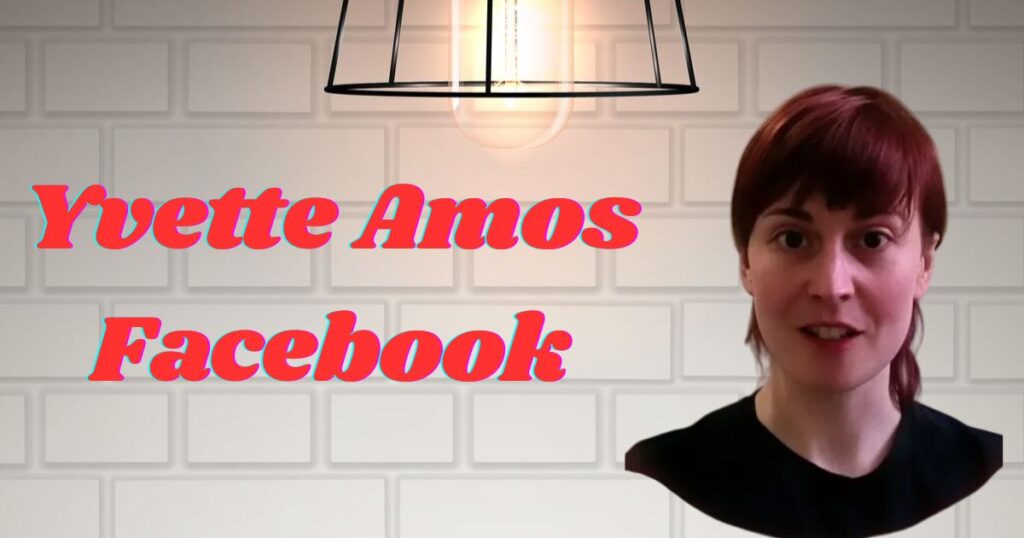
Facebook played a different role in spreading her story. While Twitter skewed younger and meme-focused, Facebook reached older demographics. Parents shared the clip with friends. Colleagues sent it to coworkers. The public response to Yvette Amos varied by platform.
Facebook groups dedicated to funny Zoom moments embraced her story. Comments sections overflowed with sympathy. Many shared their own embarrassing video call stories. The pandemic video call fails became a bonding experience.
Her personal Facebook presence remains unclear. Privacy settings likely shield any personal account. This generation gap matters. Younger viral figures often use Instagram and TikTok. Yvette Amos Facebook searches suggest different age demographics seeking different platforms.
The platform’s sharing features amplified reach. Your aunt in Ohio probably saw it. Your former colleague in Texas likely laughed. Viral BBC moments spread differently on Facebook than Twitter. More commentary. More personal sharing. Less meme culture.
Read This Post: Adam Kotas Net Worth 2025: Earnings, Career & Controversy
Yvette Amos Age
How old is Yvette Amos? This question appears frequently. However, exact age information isn’t publicly available. Respecting privacy matters more than satisfying curiosity. Estimates suggest she’s middle-aged, but specifics remain undisclosed.
Her approximate age adds context. She’s not a digital native. She didn’t grow up with social media. Video calls were still relatively new for her generation when pandemic lockdowns began. This matters.
Younger generations handle viral moments differently. They often embrace and monetize attention. Older generations typically value privacy more. Yvette Amos appears to fall in the latter category.
Age doesn’t diminish her story’s impact. If anything, it enhances relatability. Many viewers were her peers. They faced similar unemployment struggles. They shared similar video call anxieties. The authenticity and imperfection resonated across generations.
Yvette Amos Video
The original BBC Wales Today viral video remains online. It’s been uploaded, reuploaded, and shared millions of times. The viral clip typically runs two to three minutes. Quality varies by source.
Here’s what happened: The interview began professionally. Yvette discussed unemployment’s emotional toll. She spoke about mental health struggles during lockdowns. Her message was important and heartfelt.
Behind her sat a bookshelf. Books lined most shelves. Household items filled spaces. Then viewers noticed something unusual. An object stood among books. Its shape and color drew immediate attention. Screenshots spread instantly.
The BBC viral video call continued without acknowledgment. The presenter didn’t mention it. Yvette remained unaware. She finished her points about unemployment. The interview concluded normally. Then the internet erupted.
What made it so shareable? Several factors:
- Relatability: Everyone feared video call mishaps
- Humor: The contrast felt absurd yet harmless
- Mystery: Was it intentional? Accidental?
- Timing: Pandemic stress needed comic relief
- Universality: No language barrier needed
YouTube compilations include her moment. TikTok videos recreate it. The Yvette Amos 2021 interview lives permanently online. New viewers discover it constantly. Comments sections remain active years later.
The video call blooper genre exists because of moments like hers. It normalized imperfection. It reminded everyone: we’re human. Backgrounds reveal real lives. That’s okay.
The Viral BBC Interview
The Setup – January 2021
January 2021 felt hopeless for many. COVID-19 pandemic vaccines were rolling out slowly. Lockdowns continued. Unemployment remained sky-high. Wales, like everywhere, struggled economically.
BBC Wales Today wanted to highlight these struggles. They sought guests willing to discuss unemployment’s reality. Yvette Amos agreed. She wanted to help others feel less alone.
Remote interviews had become standard. Studios couldn’t safely host guests. Video calls replaced in-person appearances. This created new challenges. Home backgrounds became public. Technical issues arose frequently.
The Interview Begins
The broadcast opened professionally. The presenter introduced the unemployment segment. Yvette’s face appeared on screen. She sat in her home office. Behind her, a bookshelf provided backdrop.
She spoke thoughtfully about job searching. She described rejection’s emotional weight. She discussed mental health impacts. Her words resonated. This was real. This was honest. This was important.
Viewers at home initially focused on her message. The unemployment discussion mattered. Thousands faced identical struggles. Her voice represented countless others. The interview served its purpose.
The Discovery
Then someone noticed. A Twitter user spotted the object. They screenshot it. They shared it. Within minutes, dozens had seen it. Within hours, thousands. By day’s end, millions.
The object sat prominently displayed. Its shape was unmistakable. Its color was bright. Its placement seemed casual. Household items surrounded it. Books flanked it. Games sat nearby.
Was it intentional? The Reddit viral discussion debated endlessly. Some argued yes. Most believed no. The truth? Probably just ordinary home life captured on camera. The unfiltered online moments we all experience.
The Immediate Aftermath
BBC never addressed it on air. The interview concluded as planned. Yvette likely didn’t know until later. The viral BBC guest story unfolded entirely online.
Social media exploded overnight. Twitter, Reddit, and Instagram users shared screenshots. Memes appeared immediately. The internet meme culture machine worked overtime. By morning, she was globally famous.
Mainstream media picked up the story. British tabloids ran headlines. American entertainment sites covered it. The BBC interview gone viral became international news. A regional unemployment discussion became worldwide entertainment.
Social Media Reactions and Memes
Twitter Explodes
Twitter became ground zero. The first viral tweet garnered thousands of retweets. Users added commentary. Jokes multiplied. The Twitter viral moments hall of fame gained a new member.
Journalists weighed in. BBC employees joked internally. Regular users created increasingly creative commentary. The social media reactions revealed collective anxiety about video calls. Everyone related.
Hashtags emerged organically. Users tagged friends. They shared with coworkers. The online humor culture embraced her warmly. Jokes were largely good-natured. Malicious commentary stayed minimal.
Reddit Deep Dives
Reddit users investigated thoroughly. They analyzed every frame. They debated placement intentionality. Theories abounded. The Reddit viral discussion threads reached thousands of comments.
Multiple subreddits featured the story. r/funny, r/videos, r/britishproblems all participated. Users shared personal video call disasters. The pandemic video call fails genre exploded. Yvette Amos became its patron saint.
Awards and upvotes poured in. The thread remained active for weeks. New theories emerged constantly. Reddit’s investigative culture fixated completely. The accidental viral fame fascinated armchair detectives.
Instagram and TikTok
Instagram meme accounts jumped immediately. They created graphics. They added captions. The Yvette Amos meme format spread rapidly. User engagement soared.
TikTok creators made reaction videos. They recreated the moment humorously. Sound bites became viral audio. The viral moment symbolism translated perfectly to short-form video.
Younger audiences discovered her through these platforms. The story gained new life with each generation. Internet meme culture ensured permanent preservation.
The Meme Factory
Specific memes achieved legendary status:
- “When you forget to Zoom-proof your background”
- “Real life vs. Instagram life”
- “Honesty is the best policy”
- “Living your authentic truth”
The humor and authenticity online resonated universally. People celebrated her unfiltered human moments. The cultural commentary shifted from mockery to appreciation.
Media Coverage and Cultural Significance
UK Media Coverage
British tabloids ran wild. The Daily Mail featured it prominently. The Guardian offered thoughtful analysis. The Telegraph discussed professionalism. Media coverage of viral moments varied wildly by outlet.
BBC itself remained professionally silent. No official statement emerged. Behind the scenes, staff reportedly found it hilarious. The organization’s restraint demonstrated class.
American Media Picks It Up
Americans discovered it through Twitter. Entertainment sites covered it extensively. BuzzFeed created listicles. Huffington Post offered commentary. Late-night shows referenced it.
The cultural reflection of viral moments crossed the Atlantic easily. Americans related completely. Remote work was universal. Video call anxiety was shared. The Cardiff Wales viral guest became an American obsession.
Deeper Cultural Analysis
The story sparked serious discussions:
Online Professionalism:
- What standards apply at home?
- Should backgrounds be scrutinized?
- Where’s the line between public and private?
Authenticity vs. Perfection:
- Instagram culture creates unrealistic expectations
- Real life is messy
- Authenticity in media matters more
Media Priorities:
- Important message overshadowed
- Entertainment trumps substance
- What does this say about us?
The modern media influence on her story reveals societal values. We claim to want substance. We consume spectacle. The digital era humor helps us cope with contradictions.
Professional and Academic Contributions
Yvette Amos is more than a viral moment. Her professional background includes meaningful work. Reports link her to health and social care research. She’s contributed to alcohol management services studies in Wales.
Her academic contributions reflect genuine expertise. She’s worked on evaluation projects. She’s participated in public service initiatives. Her research helps improve community health outcomes.
The professional achievements of Yvette Amos deserve recognition. She’s advised on policy. She’s analyzed data. She’s contributed meaningfully to social care evaluation projects.
This work continues beyond viral fame. The research advisory work she does impacts real lives. It improves services. It informs policy decisions. It matters.
The irony is sharp. She discussed unemployment during that interview. Yet she’s consistently contributed professionally. Her expertise went unnoticed. The background dominated coverage.
Legacy of Yvette Amos
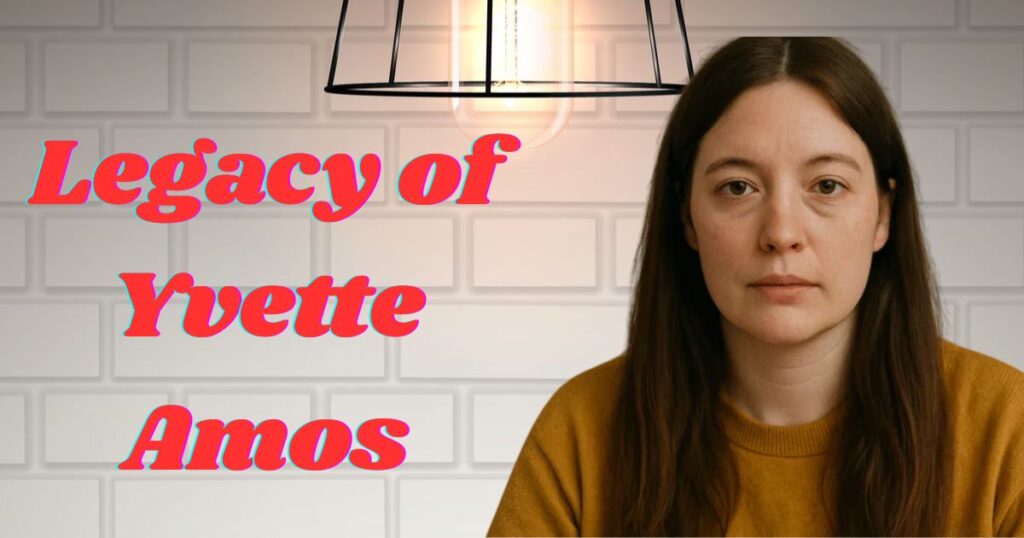
The Viral Legend
Yvette Amos achieved internet immortality. Years later, people remember her. New audiences discover her constantly. The legacy of viral fame endures unexpectedly.
She represents something larger now. She’s a symbol of authenticity. She’s proof that perfection isn’t required. She’s reminder that we’re all gloriously human.
The Authentic Human
Beyond jokes and memes, she symbolizes genuine humanity. Her willingness to discuss unemployment mattered. Her courage to speak publicly about struggles inspired others. The viral moment overshadowed but didn’t erase this.
Impact Categories
On Work Culture:
- Everyone checks backgrounds now
- Remote work became more accepted
- Imperfection feels more permissible
- Authenticity in digital era grew valued
On Viral Culture:
- Template for understanding viral moments
- Example of good-natured internet humor
- Case study in viral fame psychology
- Lesson about fleeting attention
On Individual Lives:
- People felt less alone
- Video call anxiety decreased
- Permission to be imperfect granted
- Community through shared vulnerability
The Yvette Amos cultural impact extends beyond laughter. She inadvertently started conversations. She challenged professionalism standards. She normalized messiness.
FAQ’s
Q1: Who is Yvette Amos?
Yvette Amos, from Cardiff, Wales, became an overnight internet sensation in 2021 after a viral BBC Wales Today interview, blending humor with authenticity.
Q2: Why did Yvette Amos go viral?
She went viral when viewers spotted an unexpected background object during her BBC interview, sparking memes and laughter worldwide.
Q3: What was she discussing during the interview?
Yvette was sincerely discussing unemployment and mental health during the COVID-19 lockdowns, though the background stole the spotlight.
Q4: How did the public react to Yvette Amos’s viral moment?
The public responded with humor and affection, turning her into a symbol of realness and pandemic-era video call mishaps.
Q5: What is the legacy of Yvette Amos?
Her legacy blends laughter and meaning—celebrating authenticity, normalizing imperfection, and redefining digital-era professionalism.
Conclusion
Yvette Amos didn’t seek fame. She sought to help others. She discussed unemployment when it mattered most. Instead, she became an internet legend for different reasons.
Her story reveals our contradictions. We value substance but consume spectacle. We demand authenticity but expect perfection. We relate to imperfection but photograph curated lives.
Years later, she’s remembered fondly. The humor remains. The memes persist. But so does respect. She handled unexpected fame with dignity. She chose privacy over profit. She maintained boundaries.
Her legacy is dual. She’s a viral sensation and authentic voice. She’s a meme and a professional. She’s a laugh and a lesson.
For Americans and others worldwide, she represents something universal. We’re all one video call away from viral fame. We’re all juggling professional and personal. We’re all beautifully, messily human.
Yvette Amos turned an awkward moment into internet legacy not through trying, but through simply being herself. That’s the most powerful statement of all.
